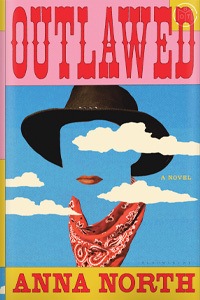Second Book Club Book #15
The title of this book is perfectly accurate. Barry spends the entire time defending his homeland of Florida. His methods are a little unconventional though. Rather than convince the reader that Florida is not, in fact, as unusual as it's portrayed, he embraces the strangeness. Weird things happen in Florida. They're often the norm rather than the exception. That's cool for Barry, who uses this book as an opportunity to highlight a few of the more permanent facets of strange you'll only find in Florida.
From a natural spring where "mermaids" perform all the way to an entire city made up of line-dancing retirees, Florida has plenty going on that makes it stand out. Barry gets in deep, experiencing each location he writes about in person, giving us an observational, historical, and sometimes political perspective on where he's at. It's a great combination and an engaging way to learn.
Barry is also funny. His humor, mostly presented like he's side-whispering to us so the rest of the crowd won't hear, fits the mood of the absurd locations in Florida he's hanging out in. I laughed out loud more than once.
This short book isn't going to change your mind if you've already developed a serious opinion about Florida. It's going to reaffirm that there's some strange stuff going on down there, but at the same time it opens up the state. There's nothing warm and fuzzy, but there's a piqued curiosity, a desire to maybe look a little closer at some of those roadside attractions and well-known pit stops.
This one is a lot of fun to read.



















